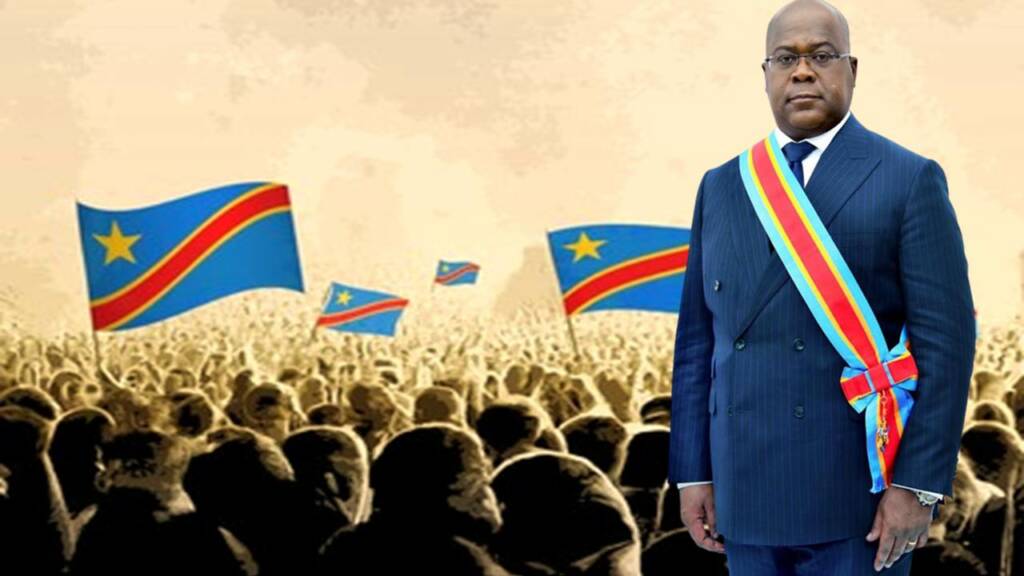Nationalism holds, ‘the nation as the only legitimate source of political power’, which also means that each nation should be allowed to govern itself without any outside interference (self-determination).
Different definitions of a “nation” result in various forms of nationalism. The two main divergent types are Ethnic nationalism and Civic nationalism. Currently the Democratic Republic of Congo is facing the second type of nationalism which is civic. To know the reason behind it read further.
In response to M23 rebel activity in the nation’s east, Democratic Republic of the Congo President Felix Tshisekedi called on young people to form “vigilance groups”. In a speech that was aired on national television, Tshisekedi asserted once more that the M23 was supported by Rwanda, he charged the country with harboring “expansionist ambitions.”
The M23, a mostly Congolese Tutsi group, started fighting again in late 2021 after going years without engaging in hostilities. They claimed that the DRC’s government had broken an agreement to integrate their fighters into the army. With DRC accusing its smaller neighbor Rwanda of supporting the militia, the group’s resurgence has strained regional ties in central Africa. In the words of Tshisekedi, Rwanda has the goal of “appropriating our minerals.”
M23 rebellion in DRC: Hundreds of young people ready to join the army https://t.co/KJIXsVkGgr
— africanews (@africanews) November 7, 2022
Tshisekedi also called on DRC’s citizens to mobilize against “Rwandan aggression” in Rutshuru territory. He said on RTNC radio, “We must be aware that no one but ourselves will save our nation and that this requires from each of us a mobilization all around,” (sic)
In order to combat the M23 (“March 23 Movement”) rebels who are advancing more and more in eastern DRC, hundreds of young Congolese have volunteered to join the army. According to army officials, more than 3,000 applicants between the ages of 18 and 30 have registered across the province. This is partly in response to President Felix Tshisekedi’s appeal to the nation for young people to join the army in order to fight the M23 rebels.
Read More: US wants to choke the DRC’s sprawling energy sector to keep M23 rebels afloat
Nationalism: The biggest problem and the solution itself
Nationalism plays an important role in the functioning of a country. The problem is that, it is not present in the people of many countries in Africa. Even if it is present it belongs to the ethno-nationalism category. But the continuous fight of the DRC’s army with the M23 insurgents has sparked the fire inside the DRC citizens. And when the call of duty came from the leadership of DRC it became evident that citizens in large numbers are willing to serve the country. The people of DRC are determined to end the menace of M23 and flush out the insurgency destabilizing their country.
Read More: For the first time, African nations corner the US in its own den- The UN
This wave of nationalism will lead to political stability thus opening the doors of economic prosperity. If a nation is entangled in security issues for a long period, the focus on economic opportunities worsen, ultimately compounding the situation to grim levels. So, the growth of nationalistic sentiments among the citizens is good news for DRC.
This will also minimize the foreign interventions going on in the country’s territory such as the M23 insurgency. This phenomenon will drive business forward and will also attract foreign investments instead of foreign interventions. Ultimately, the Democratic Republic of Congo will become a substantial power like Kenya in the EAC which will help the whole continent to stand up against the wrongdoings of foreign powers.
Resultantly the biggest weakness of African countries which is nationalism is proving to be their biggest strength.
